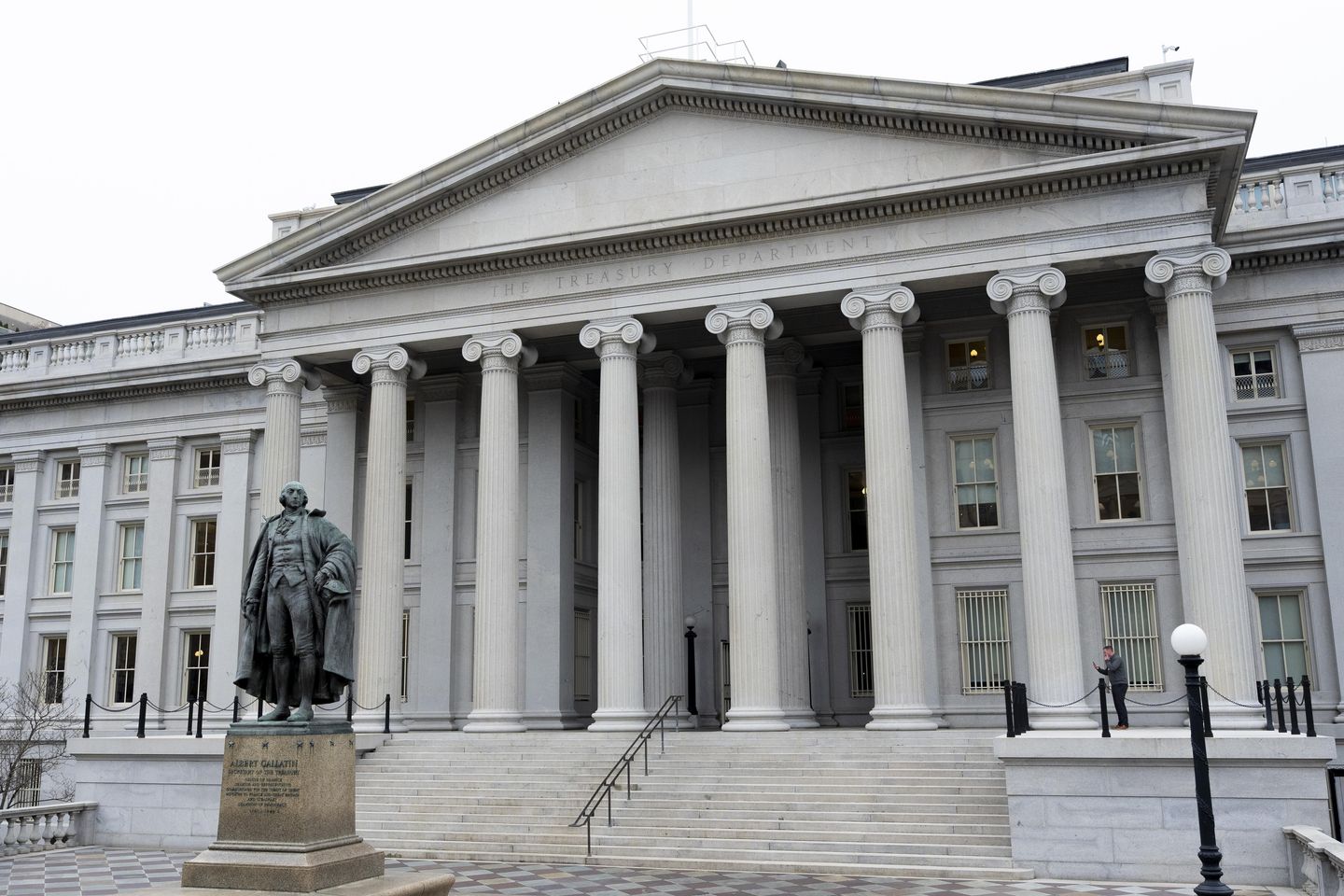
Don’t miss the full story, whose reporting from Fatima Hussein at The Associated Press is the basis of this AI-assisted article.
The U.S. Treasury sanctioned Iranian financiers and more than a dozen entities across Hong Kong and the United Arab Emirates for allegedly facilitating $100 million in cryptocurrency transfers from Iranian oil sales to benefit Iran’s government and military.
Some key facts:
• The Treasury Department accused two Iranian nationals of allegedly coordinating over $100 million in cryptocurrency purchases from oil sales for the Iranian government.
• The pair used a network of front companies across multiple countries to transfer the cryptocurrency funds, according to Treasury allegations.
• These “shadow banking” networks evade sanctions by laundering money through overseas front companies and cryptocurrency transactions.
• The sanctions were authorized under President Trump’s National Security Presidential Memorandum 2, which aims to drive Iran’s oil exports to zero.
• Sanctioned individuals and firms are denied access to U.S.-held assets and cannot conduct business with American companies or citizens.
• Iran and other sanctioned nations received $15.8 billion in cryptocurrency in 2024, representing 39% of all illicit crypto transactions according to Chainalysis.
• France, Britain and Germany recently triggered a “snapback mechanism” to reimpose all U.N. sanctions on Iran over its nuclear program violations.
• U.S.-Iran nuclear deal talks have stalled since Israeli and U.S. bombardments of Iranian facilities occurred this year.
This article is written with the assistance of generative artificial intelligence based solely on Washington Times original reporting and wire services. For more information, please read our AI policy or contact Ann Wog, Managing Editor for Digital, at awog@washingtontimes.com
The Washington Times AI Ethics Newsroom Committee can be reached at aispotlight@washingtontimes.com.











